Been doing some gaming on the holidays. There's a lot of differences between different city building games, and it reflects the places where they're designed. Here's a thread on SimCity, Cities Skylines, Transport Tycoon, A-Train, and Soviet Republic. 1/ 
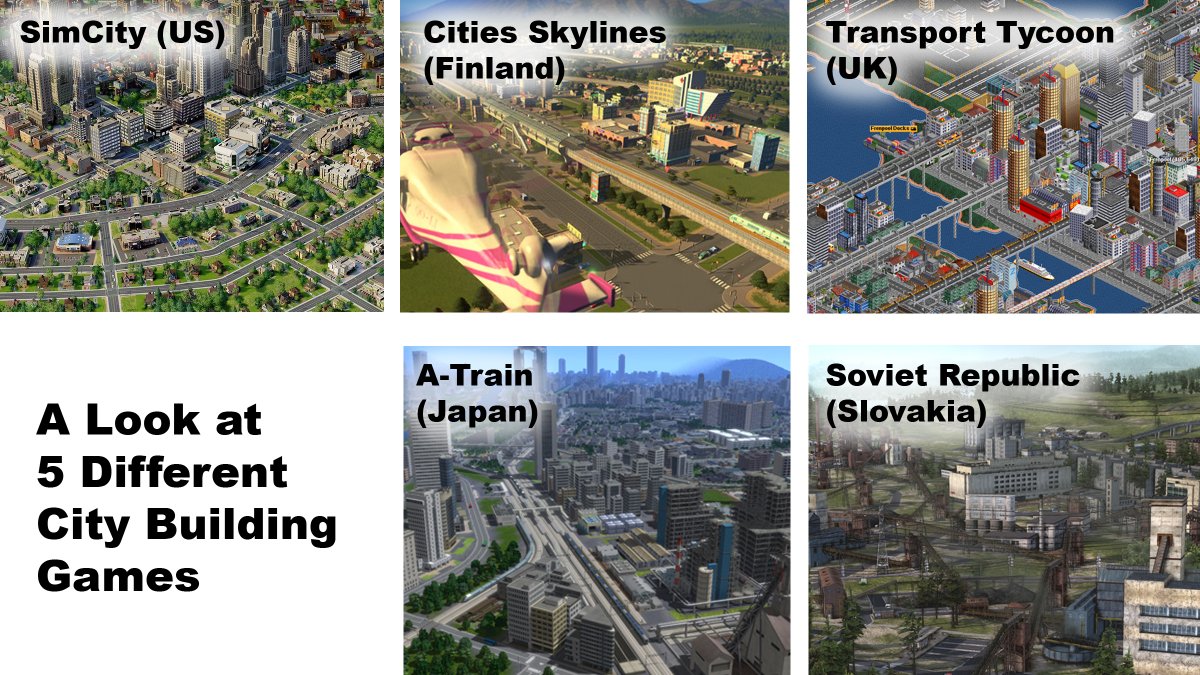
Different city building games have both different player roles, as well as differences over what you have control over. While all of them let you build roads and rails, there are differences when it comes to zoning, as well as whether players can build homes & businesses. 2/ 
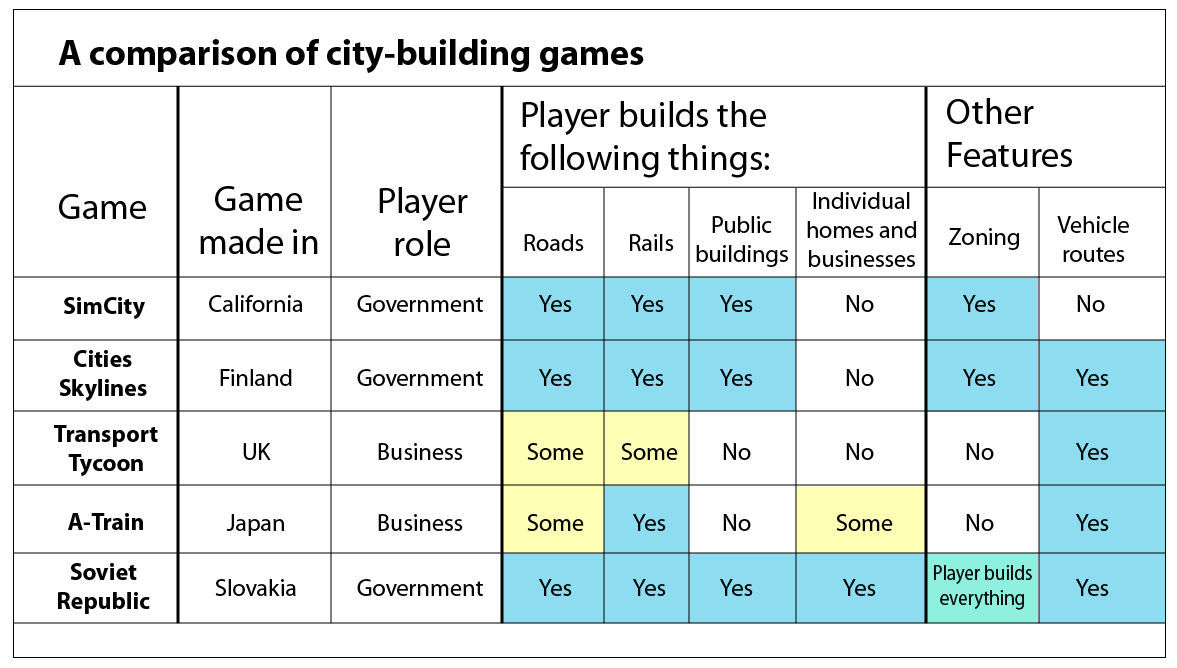
SimCity is one of the older ones. The first version came out in 1989, the most recent one in 2013. Surprisingly the game mechanics have not changed much over a quarter century - the game still does not have mixed use zoning or buildings. 
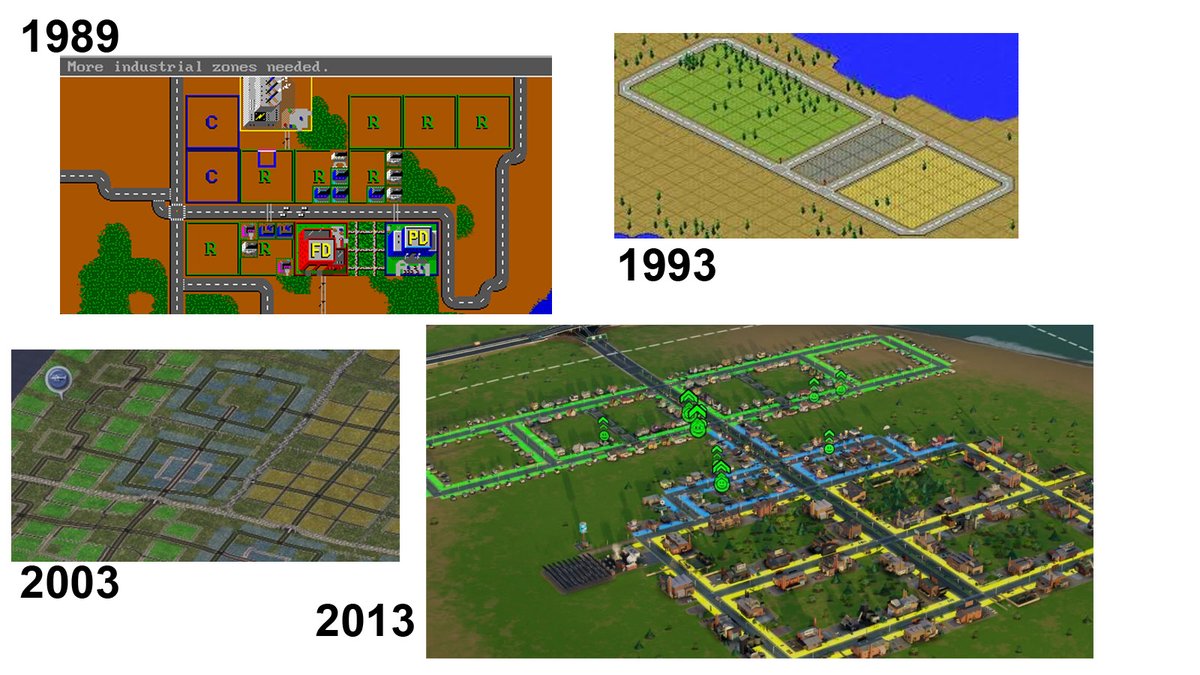
Somehow SimCity ended up using a completely backwards color scheme from actual American zoning. American planners have used yellow for homes, red for businesses, and blue for industry since the 1950s redmine.auroville.org.in/attachments/do… 
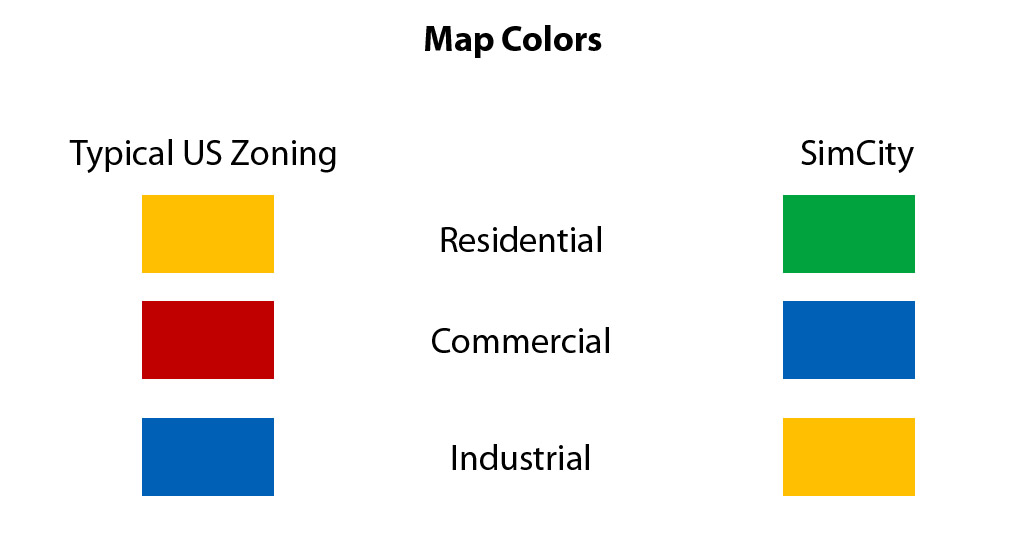
one of the tensions in SimCity is that most players want to build a big downtown with lots of buildings, but the car-centered transportation model makes it hard. So when it comes to parking lots, the game designer "just imagine they are underground."
humantransit.org/2013/05/how-si…
humantransit.org/2013/05/how-si…
in contrast, in the Slovakian game "Workers & Resources: Soviet Republic", parking lots are realistically sized and something the player has to build if they decide to let people own personal cars. 
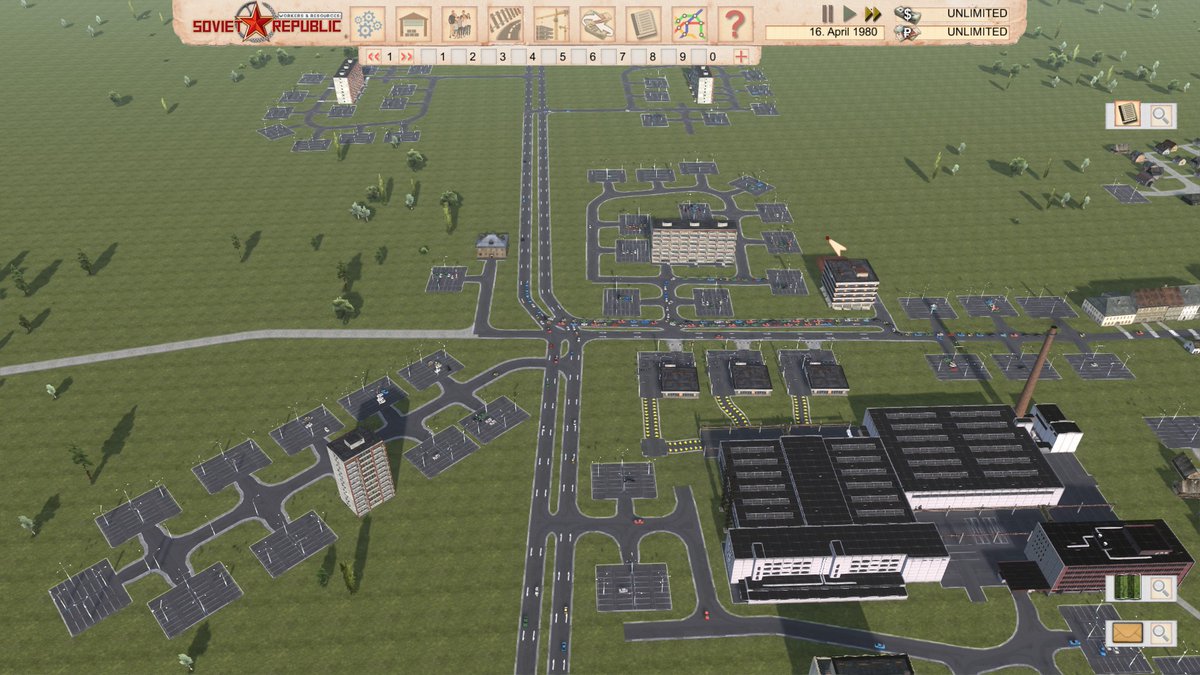
more often though, in the Soviet Republic game, cities are compact, with most things within walking distance, and buses and trains are used to get people to factories that are too polluting to put next to homes. 
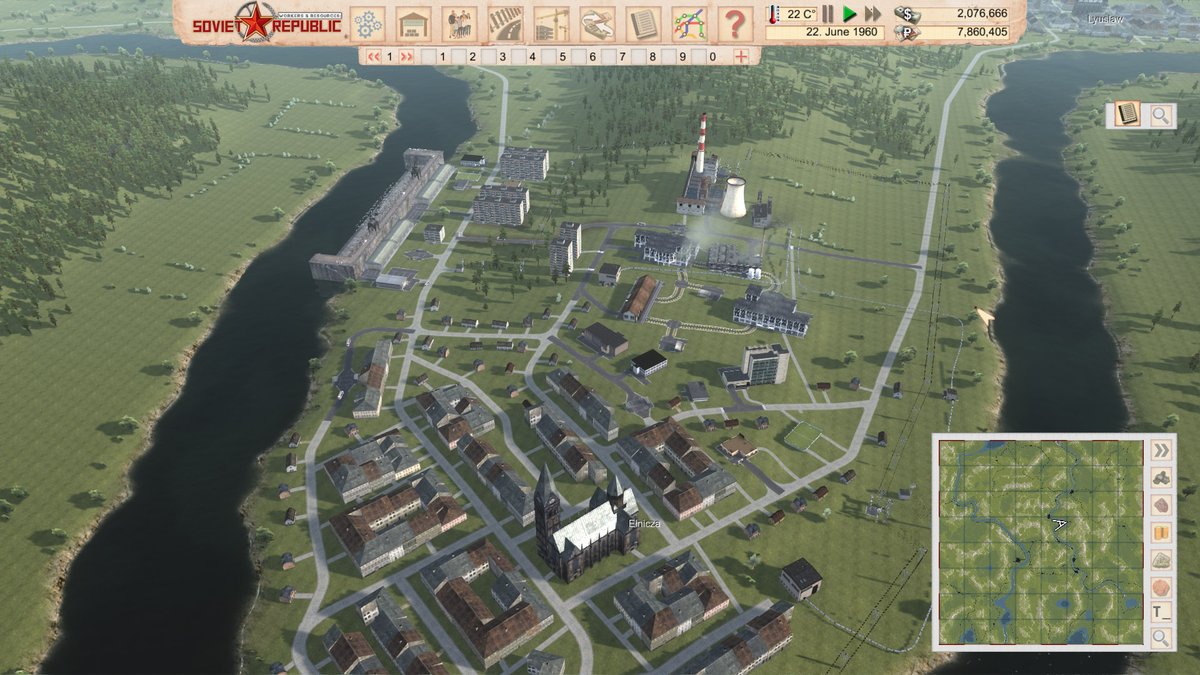
While Cities Skylines has a lot in common with SimCity, it has more focus on transportation. The company that made it, @ColossalOrder in Finland, got its start with the game Cities in Motion, which involved building transit systems in existing cities. en.wikipedia.org/wiki/Cities_in… 
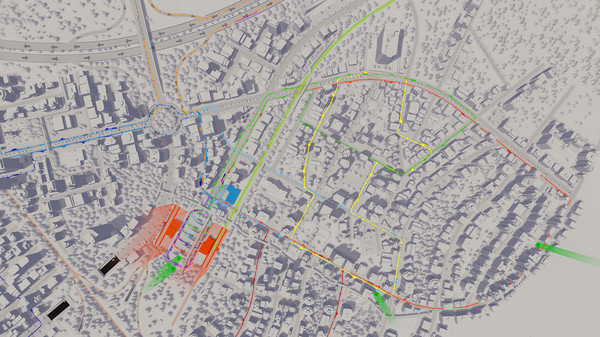
there's also a smol but big difference in how Cities Skylines (Finnish) and SimCity (American) does density.
In Cities Skylines, low-density zones have a mix of houses and small apartment buildings. In SimCity, Low is just houses - there's a separate zone for medium density.
In Cities Skylines, low-density zones have a mix of houses and small apartment buildings. In SimCity, Low is just houses - there's a separate zone for medium density.
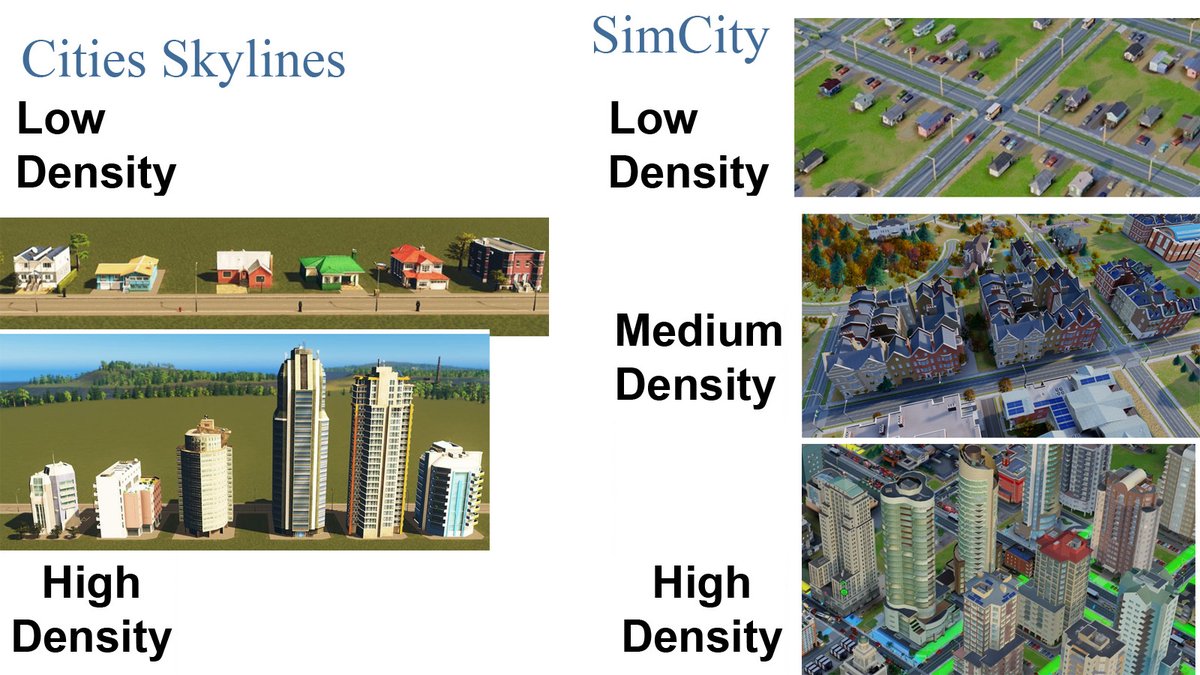
While in SimCity and Cities Skylines the player is a local government, in the Japanese A-Train games (now up to A-Train 9) the player is a combined real estate & railroad company, which is how many real life Japanese railroads operate. 

In the A-Train games, the game AI will build businesses and housing on its own, but the player can also build, buy, and sell buildings. Building material production and distribution is part of the game. 

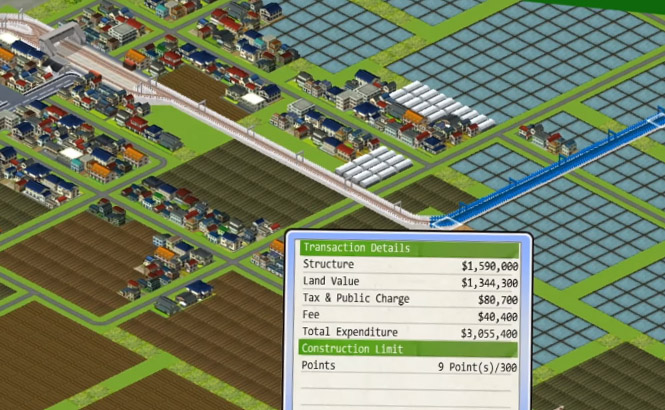
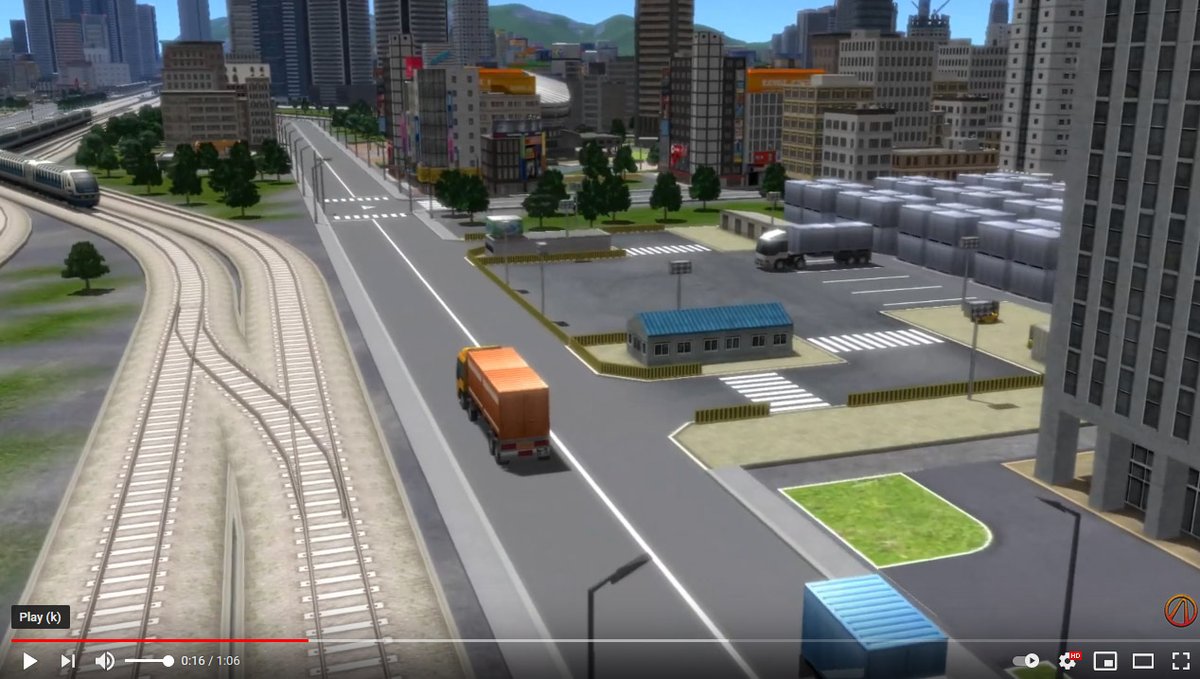
While most city builders are single player games, in Transport Tycoon (now also available as OpenTTD), the player is one of many competing companies. This game was designed in the UK in the early 1990s, right around the time the railways were privatised. 

A key design decision in city building games is whether the map starts as a blank slate. Early versions of SimCity started out as completely empty maps. Cities Skylines starts with a freeway exit. Transport Tycoon and A-Train start with homes, farms, etc already on the map. 



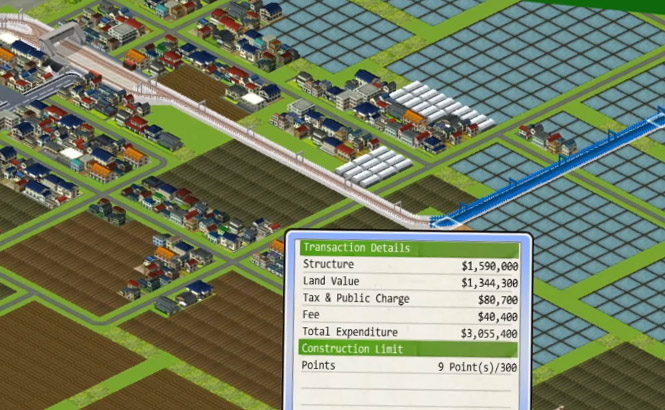
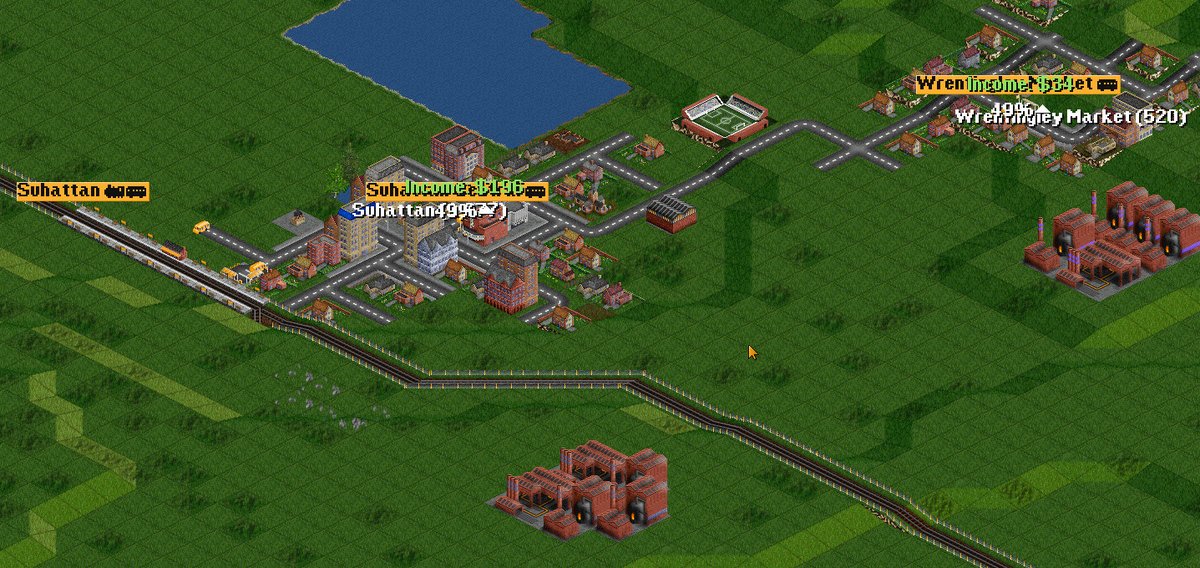
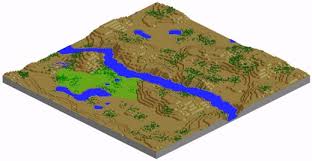
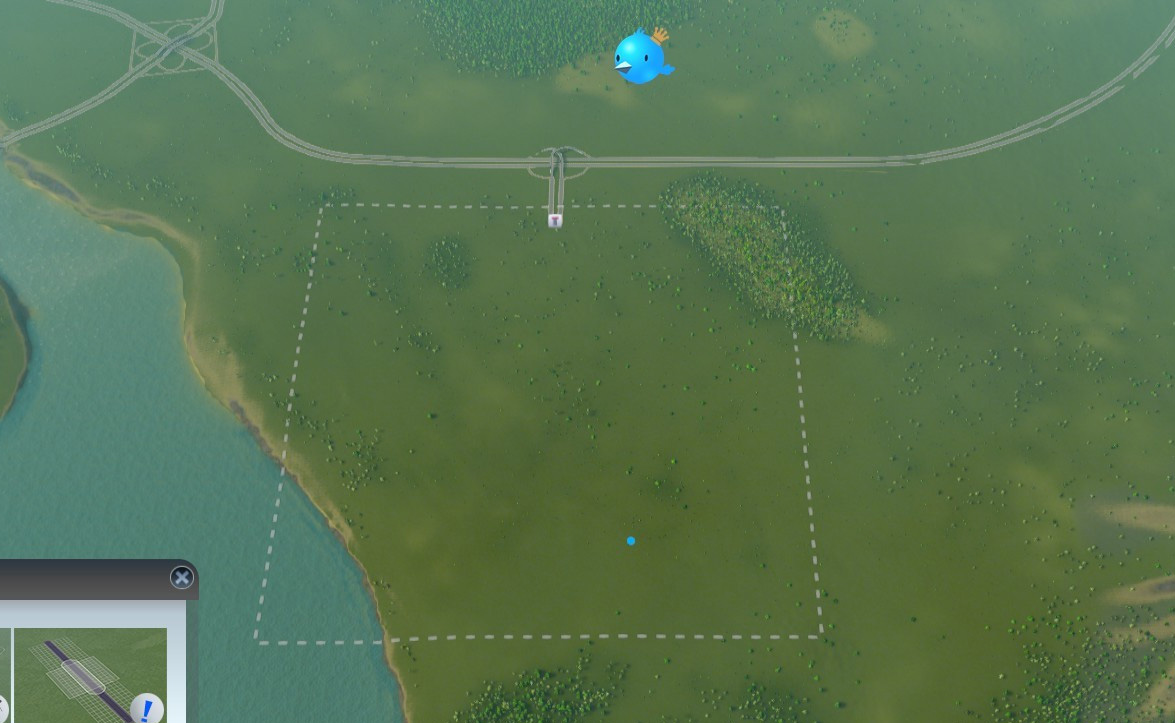
Lots of differences in the economy and budget in different city building games. Though it's Californian to the point of having Nuclear Free Zone ordinances, SimCity allows players to set tax property tax rates above 1%. (probably because it would be unplayable otherwise) 🤣🙃😬 
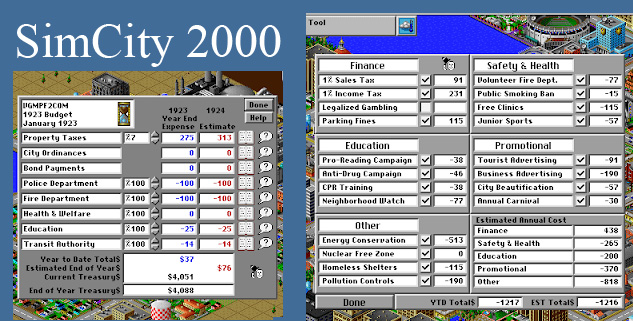
SimCity 4 has even more options with property taxes (but only property taxes), allowing different rates based on income. By setting an income bracket's rate high enough, players can exclude entire income brackets. (which is similar to a real thing some US cities have tried to do) 
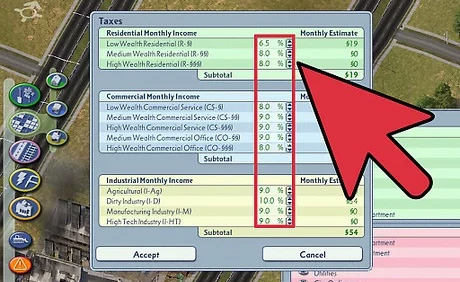
see here for more on the history of US cities using artificially high property tax assessments as a racist tool to force poor homeowners to move. historynewsnetwork.org/article/135752
Cities Skylines also has a budget based on property taxes, though in contrast to SimCity, where players can set different rates based on resident income, in Cities Skylines different rates are allowed based on density.

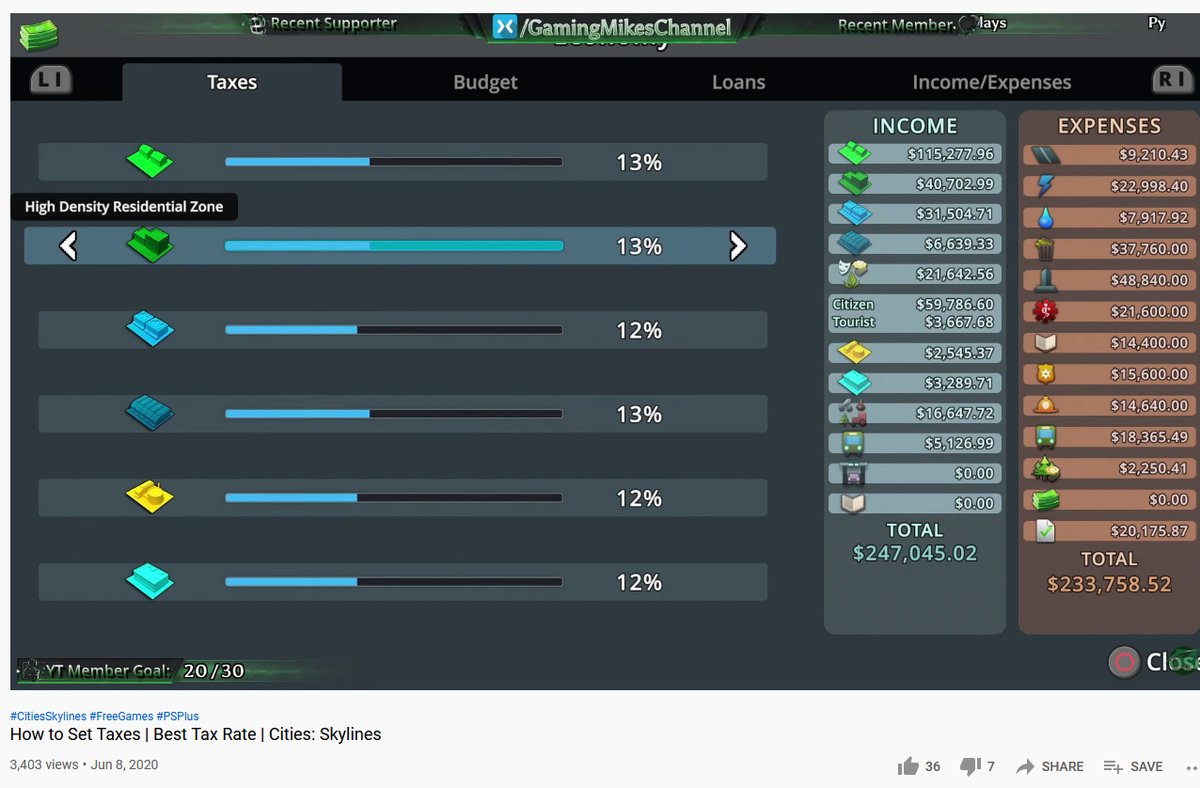
In both Transport Tycoon and A-Train, the player is a private company. In Transport Tycoon all income is from transportation, based on distance and speed. There are no taxes. 🙃 

In contrast, in A-Train, the player makes money from train fares, as well as businesses and real estate. They also have to pay taxes (which were 50% of profits in the early versions of the game, reflecting Japan's very high corporate income tax before changes made in the 1990s) 
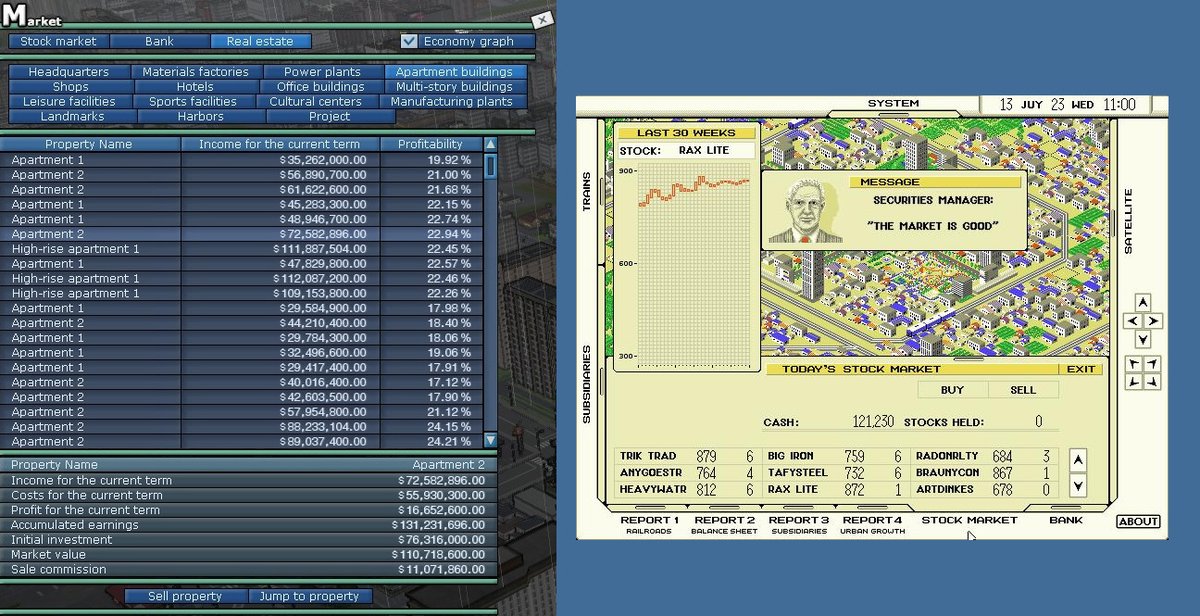
In the game Workers & Resources Soviet Republic, since businesses are government run, two economic models are possible: create vertical supply chains in-house, or earn money to buy stuff by making stuff to export to the USSR or the West at a border crossing at the edge of the map 
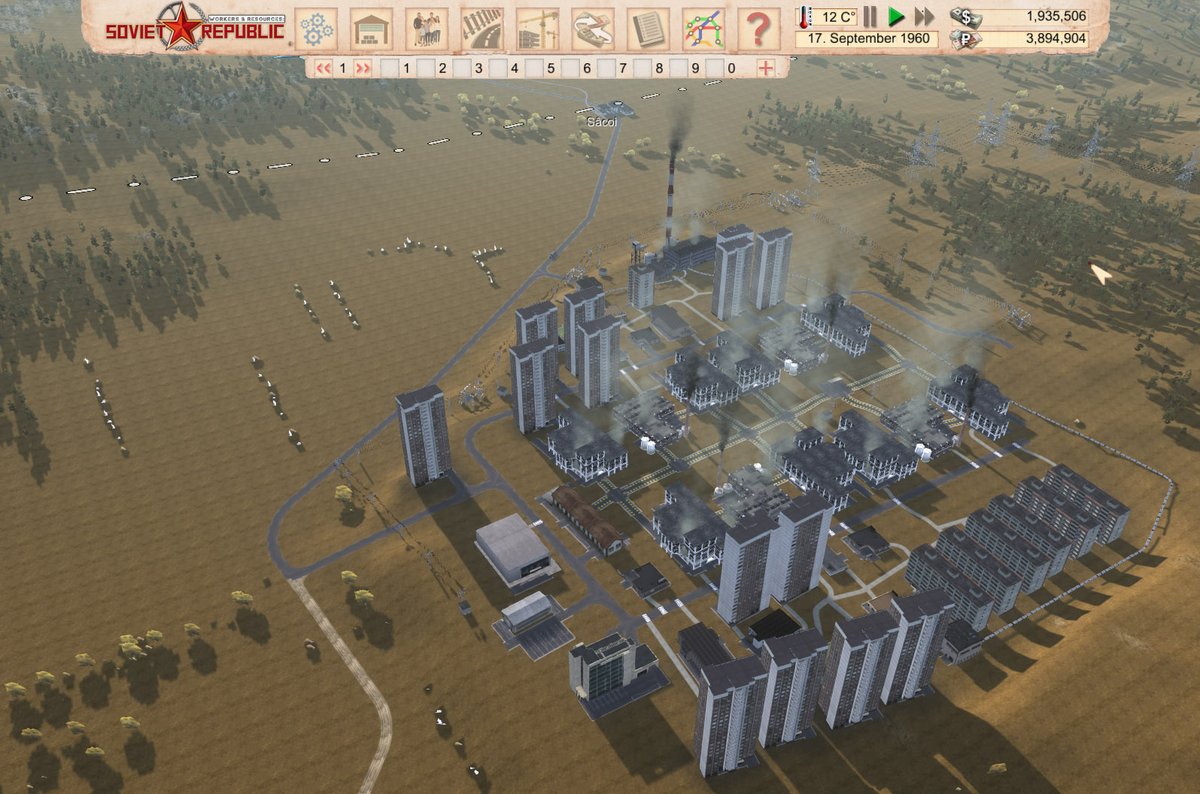
Looking at the different types of city builders, what other types are possible? The obvious missing one is the "state capitalism" model (China or Dubai) where the player is the government and builds transportation but also some homes & businesses.
https://twitter.com/alfred_twu/status/1345955680142807040
For all the news coverage it got in the West, most of it about it being a popular patriotic game that came out on the country's 70th anniversary, the "Chinese SimCity" game 家国梦 (Homeland Dream) is a fairly simple mobile game. 

Circling back to parking... this thread on parking in the Soviet Republic game is hilarious. The comments keep getting better. steamcommunity.com/app/784150/dis… 
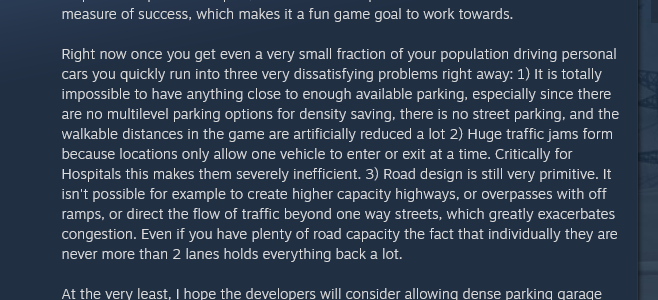
this part was unexpected, or was it? both SimCity and Soviet Republic have the same back story: A programmer made a helicopter combat game and had so much fun designing levels that they made a city builder. 🙃 
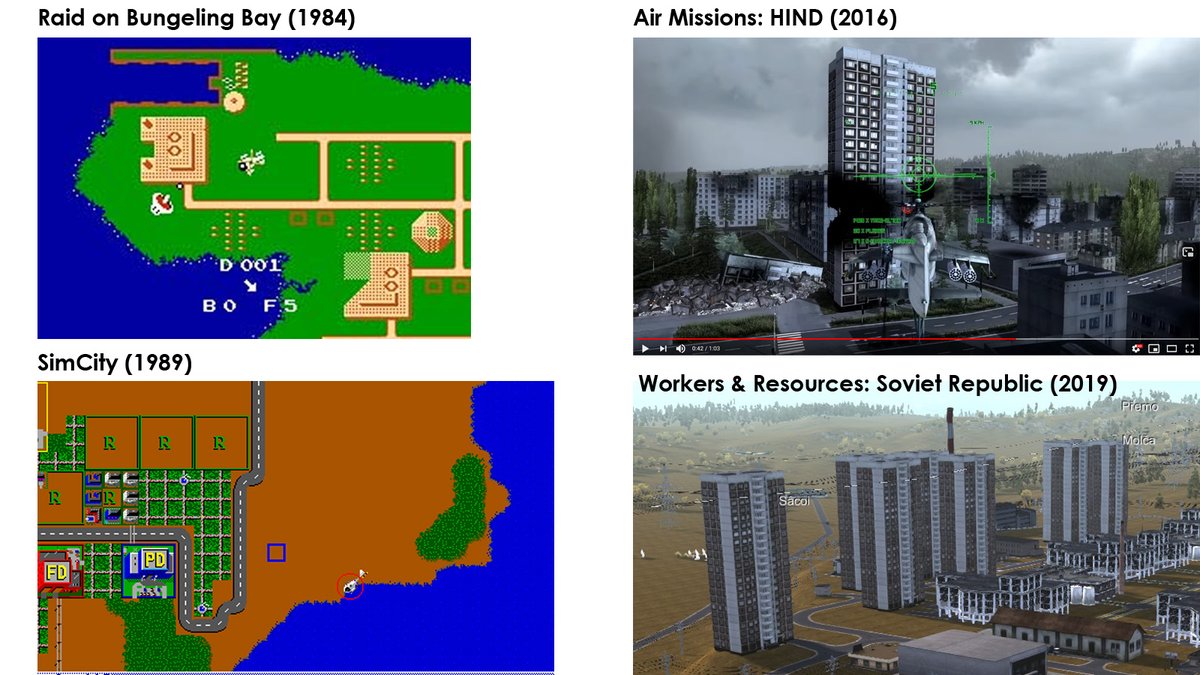
so that's why some of the buildings don't have an elevator penthouse... it's because they were from another game where you could land a helicopter on the roof 🤣 
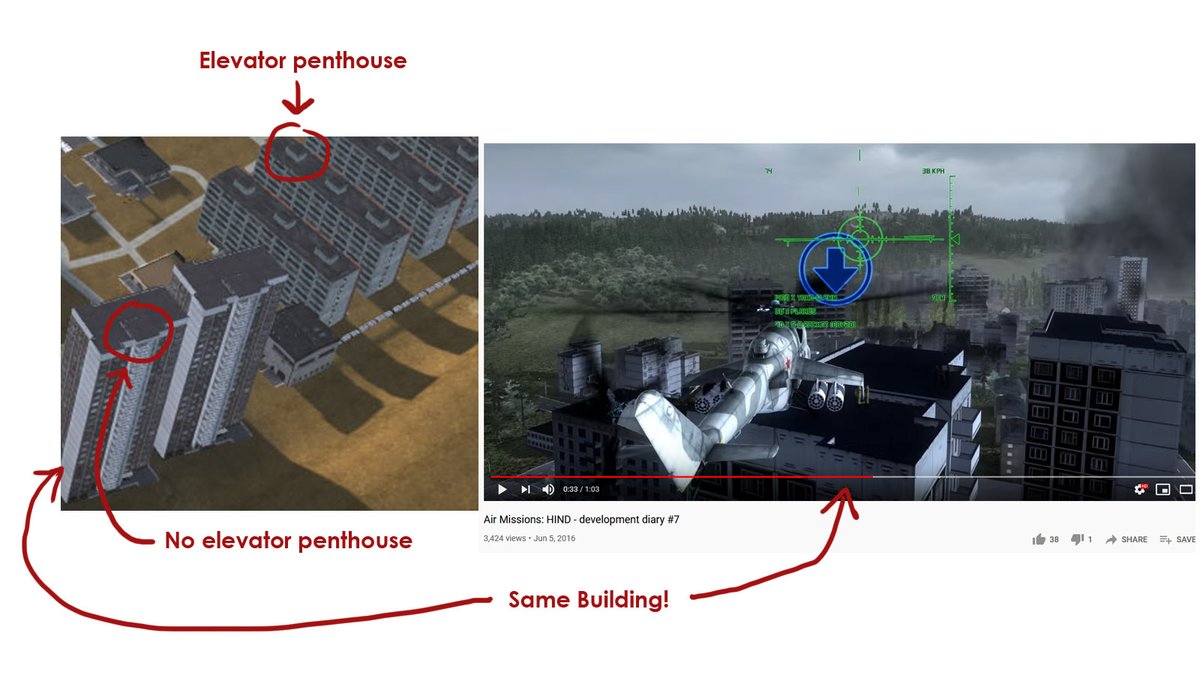
• • •
Missing some Tweet in this thread? You can try to
force a refresh









